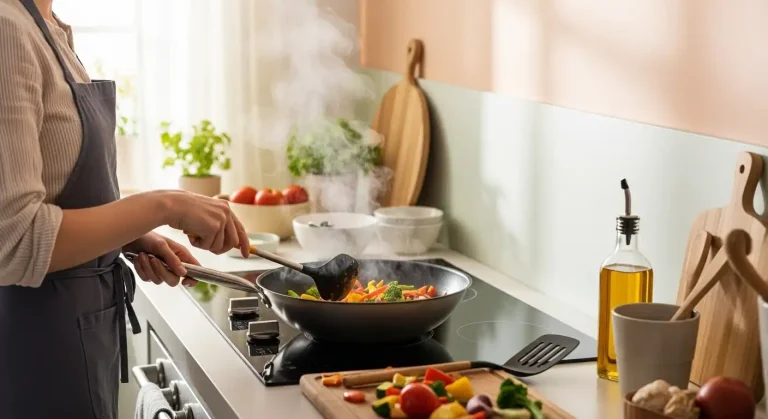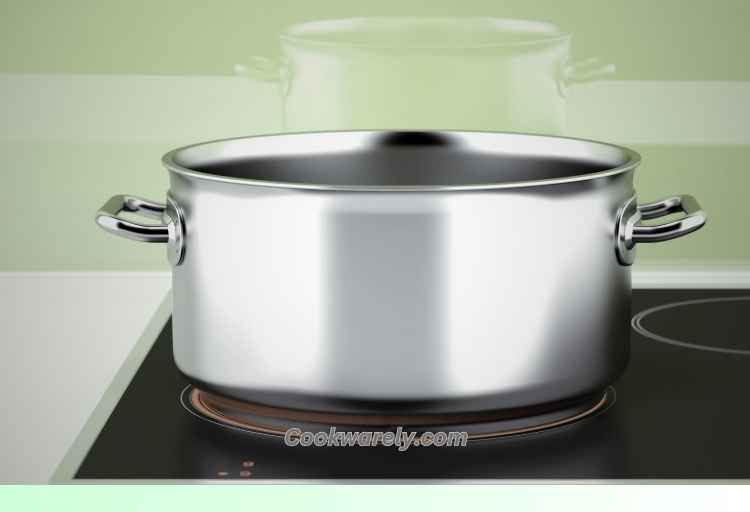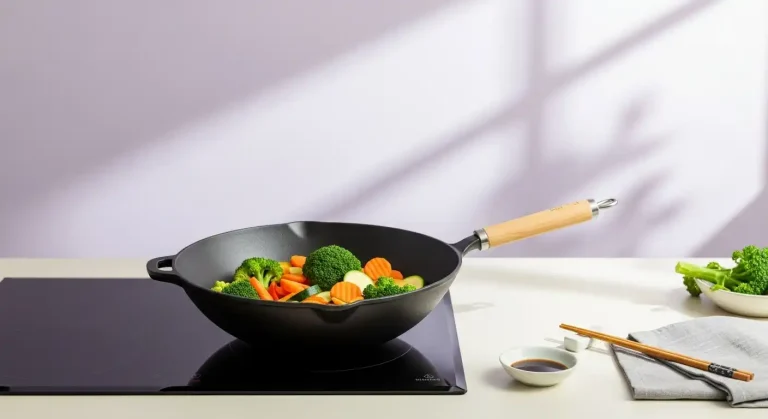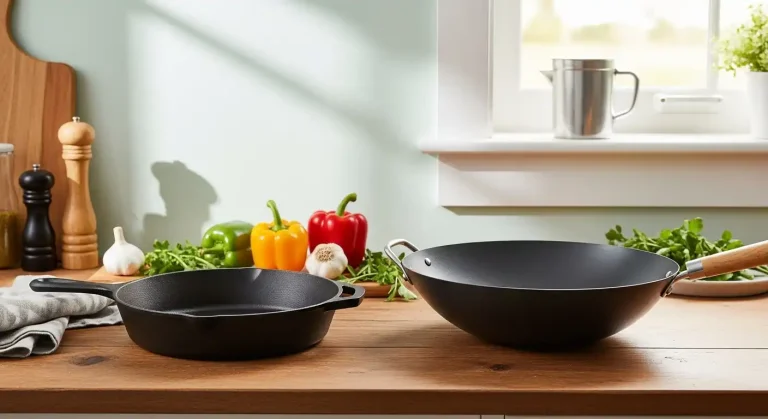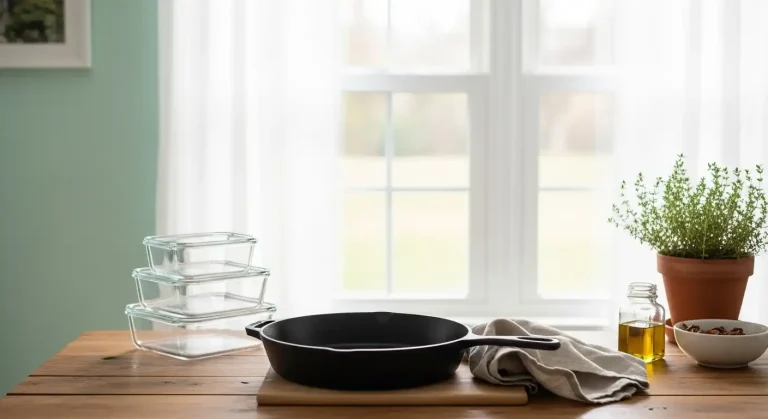Can You Store Food In Stainless Steel Pots And Pans In A Refrigerator?
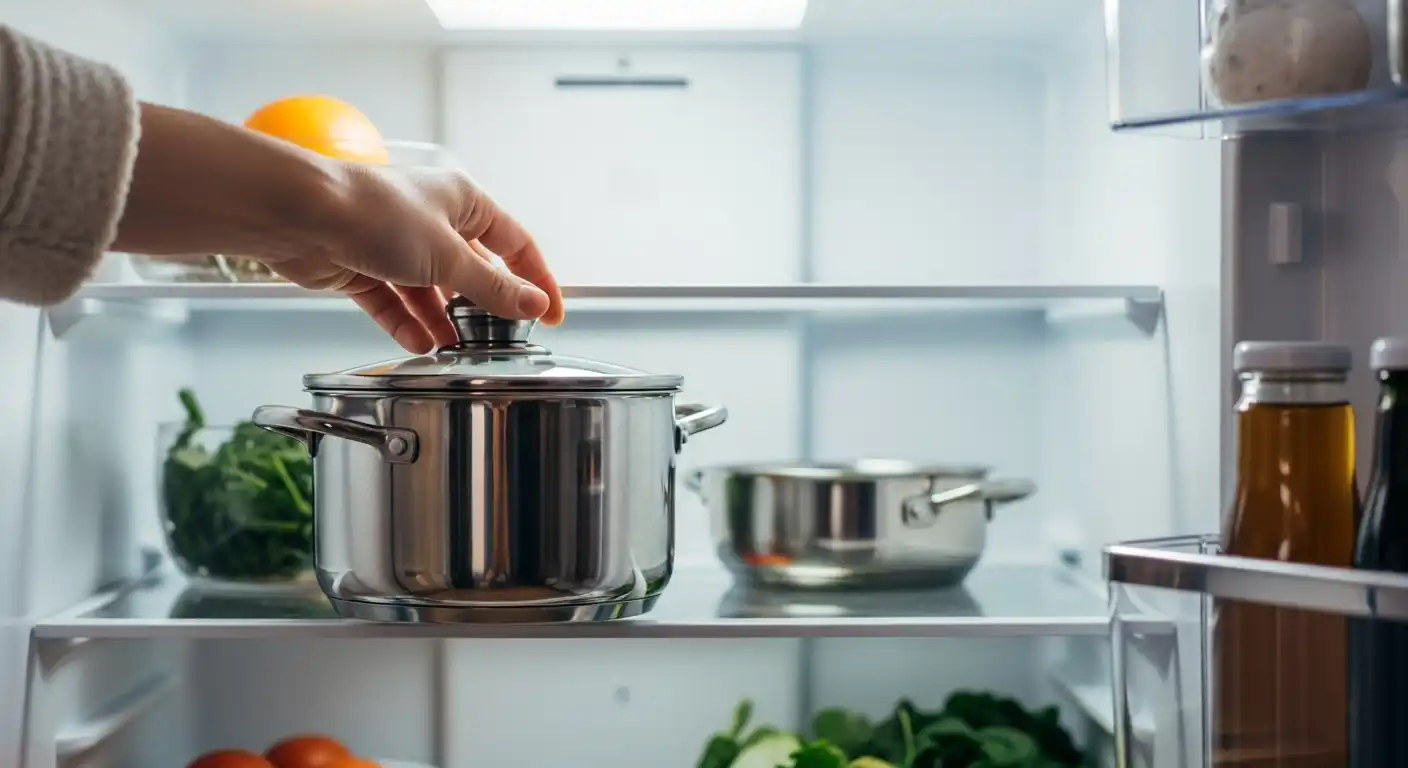
Stainless steel cookware is a favorite in many kitchens because of its durability, sleek appearance, and versatility.
But when it comes to food storage, many people wonder: can you store food in stainless steel pots and pans in a refrigerator?
Let’s break down the facts and find out if this practice is safe and smart.
Is It Safe to Store Food in Stainless Steel Pots and Pans in the Fridge?
The simple answer is yes, you can store food in stainless steel pots and pans in the refrigerator.
🛍️ Top Amazon Deals & Must-Have Finds
Discover great discounts and highly rated products you’ll love—updated regularly so you never miss a smart buy.
*As an Amazon Associate, I earn from qualifying purchases.
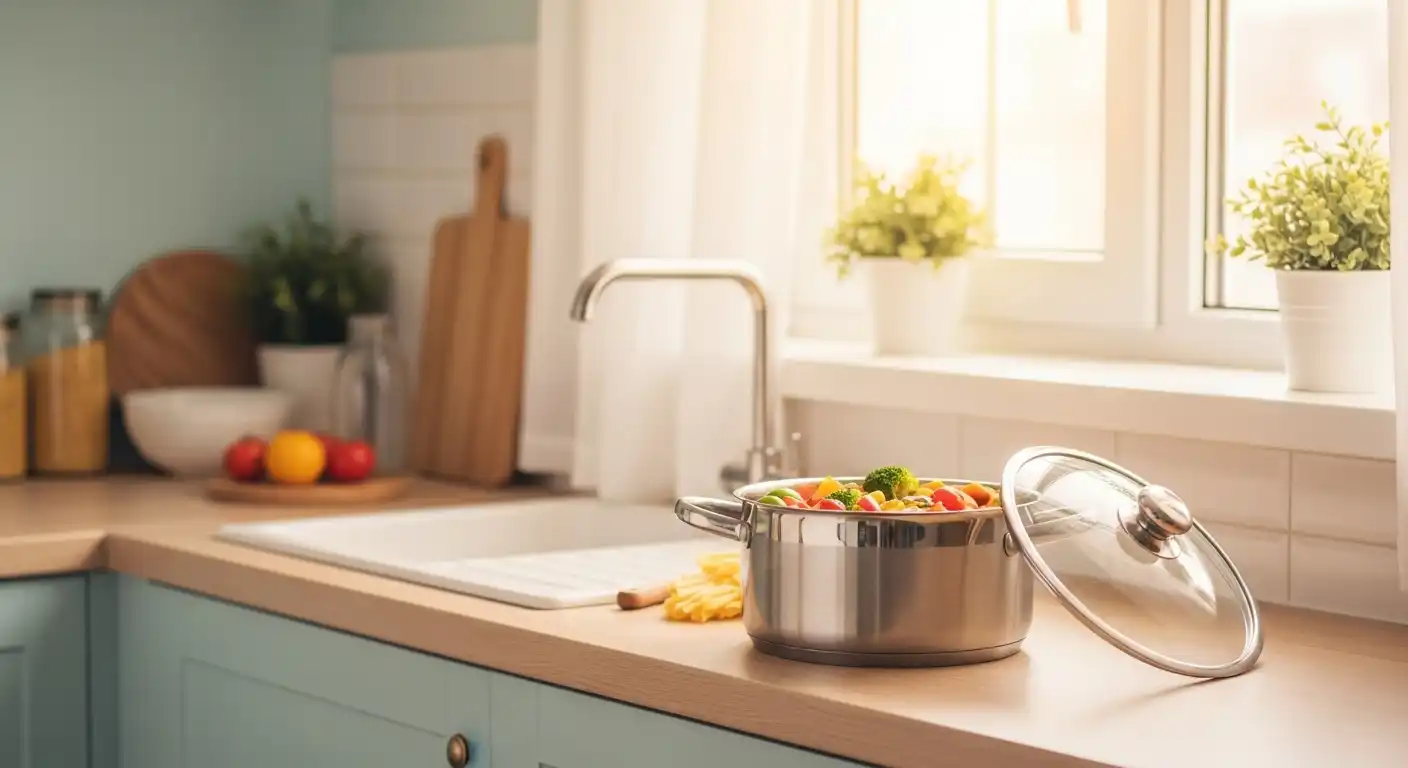
Stainless steel is non-reactive, meaning it won’t leach harmful chemicals into your food.
It’s also resistant to corrosion, odors, and stains, making it a great material for food storage.
However, it’s essential to take a few precautions to maintain the quality of both your food and your cookware.
Why Choose Stainless Steel for Food Storage?
Stainless steel is often preferred over plastic or aluminum because it doesn’t absorb food odors or stains.
Unlike some plastics, it doesn’t contain BPA or other potentially harmful chemicals.
Also, stainless steel doesn’t react with acidic foods like tomato sauce or citrus-based marinades.
This is a big plus if you’re storing leftovers from a saucy dinner.
Tips for Safely Storing Food in Stainless Steel Pots and Pans

1. Cover the Pot or Pan Properly
One of the main considerations when storing food in stainless steel cookware is to keep it covered. Use the pot’s lid if it fits well.
If not, cover the pot tightly with aluminum foil or plastic wrap to prevent moisture loss and avoid absorbing fridge odors.
2. Cool the Food Before Refrigeration
Let hot food cool down slightly before placing it in the fridge.
Putting hot food directly in the refrigerator can lower the overall temperature and make your fridge work harder to stay cool.
Cooling also prevents condensation from forming inside the pot, which could affect the texture of your leftovers.
3. Avoid Long-Term Storage
While stainless steel is safe, it’s better to transfer food to airtight glass containers for long-term storage.
This keeps your food fresher for longer and protects your cookware from potential discoloration over time.
🛍️ Top Amazon Deals & Must-Have Finds
Discover great discounts and highly rated products you’ll love—updated regularly so you never miss a smart buy.
*As an Amazon Associate, I earn from qualifying purchases.
Learn how to restore shine to stainless steel pots and pans if they start to dull.
4. Clean Before Reusing
After taking food out of storage, clean your stainless steel thoroughly. Food residues can sometimes leave white spots or discoloration.
Here’s how to clean white spots on stainless steel pans or pots.
Are There Any Downsides?
Although stainless steel is a safe and smart choice, there are a couple of minor drawbacks to keep in mind:
- Stainless steel pots and pans tend to take up more space than stackable storage containers.
- Some older or lower-quality stainless steel cookware may develop pits over time. If you’re unsure, check out our guide on whether pitted stainless steel pots are safe to use.
Best Practices for Caring for Stainless Steel Cookware

If you frequently store food in your stainless steel pots and pans, taking good care of them will extend their lifespan.
- Wash them properly after each use. If you’re wondering whether you can put a stainless steel pot in the dishwasher, the answer is yes, but hand washing keeps them looking better for longer.
- Avoid burning food in your cookware, as this can cause permanent marks. For troubleshooting, check out why your stainless steel pans might be burning.
- Keep an eye on older cookware. If your pots and pans look worn, here’s what to know about whether old stainless steel pots and pans are safe to use.
- Need to use your cookware in different ways? Learn if stainless steel pots are oven-safe or induction ready.
Alternative Food Storage Options
Although stainless steel works, sometimes other storage options might be more practical:
- Glass containers: Excellent for visibility and airtight sealing.
- Plastic containers: Lightweight but may stain or absorb odors.
- Silicone storage bags: Flexible and reusable.
For comparison, if you’re interested in other cookware options, check out our comparison of a cast iron Dutch oven vs stainless steel pot.
Final Thoughts: Can You Store Food In Stainless Steel Pots And Pans In A Refrigerator?
So, can you store food in stainless steel pots and pans in a refrigerator? Absolutely! Stainless steel is a safe, durable, and non-reactive choice for short-term food storage.
Just remember to cover your pots properly, cool your food before storing, and clean your cookware regularly to keep it in top shape.
Whether you’re using your pots and pans for cooking, storing, or even in the oven (read more about putting stainless steel pans in the oven), stainless steel remains one of the most versatile and kitchen-friendly materials you can own.
Keep your cookware looking its best and your leftovers tasting fresh—stainless steel can handle it all!
Frequently Asked Questions
Can You Store Acidic Foods in Stainless Steel?
Yes! Stainless steel’s non-reactive surface makes it safe for acidic foods like tomato sauce, lemon-based dishes, and vinegar dressings. Unlike aluminum, it won’t react and alter the taste or color of your food.
🛍️ Top Amazon Deals & Must-Have Finds
Discover great discounts and highly rated products you’ll love—updated regularly so you never miss a smart buy.
*As an Amazon Associate, I earn from qualifying purchases.
Can Stainless Steel Discolor in the Fridge?
Normally, stainless steel won’t discolor just from refrigeration. However, certain foods and improper cleaning may cause discoloration over time. If you notice discoloration, check out our tips on how to get rid of discoloration on stainless steel pots.
Should You Season Stainless Steel Cookware for Storage?
No need to season your stainless steel pots and pans for storage purposes. However, if you’re curious about seasoning, read more about whether stainless steel pans can be seasoned.

